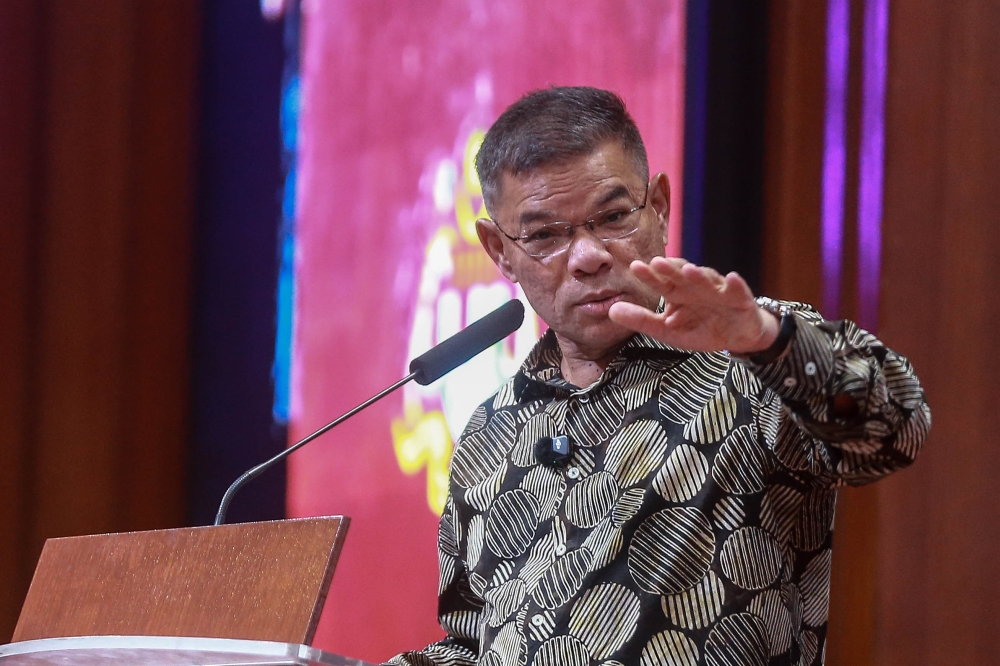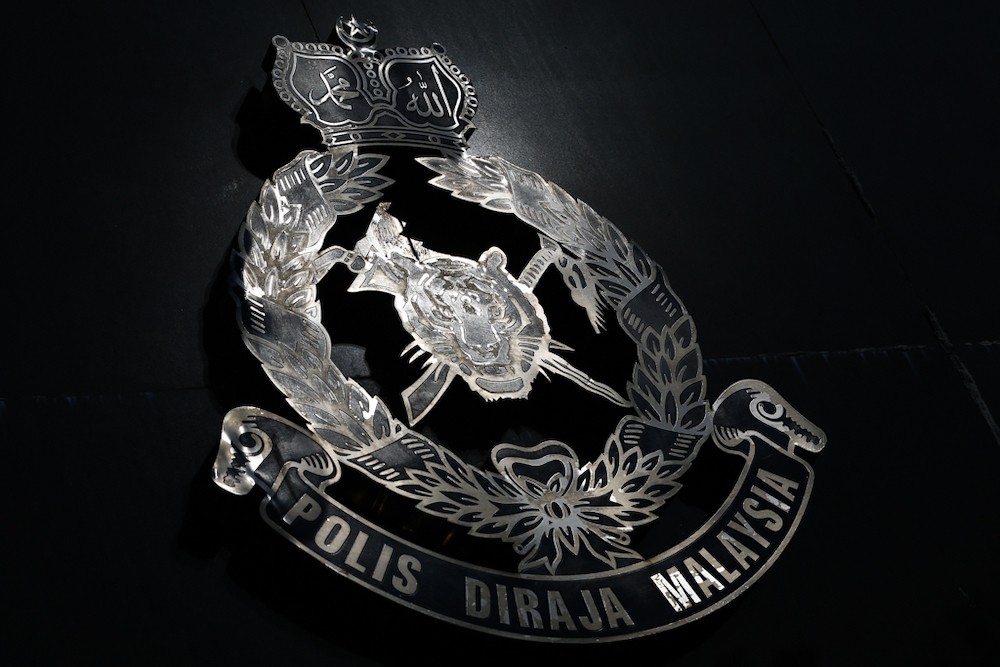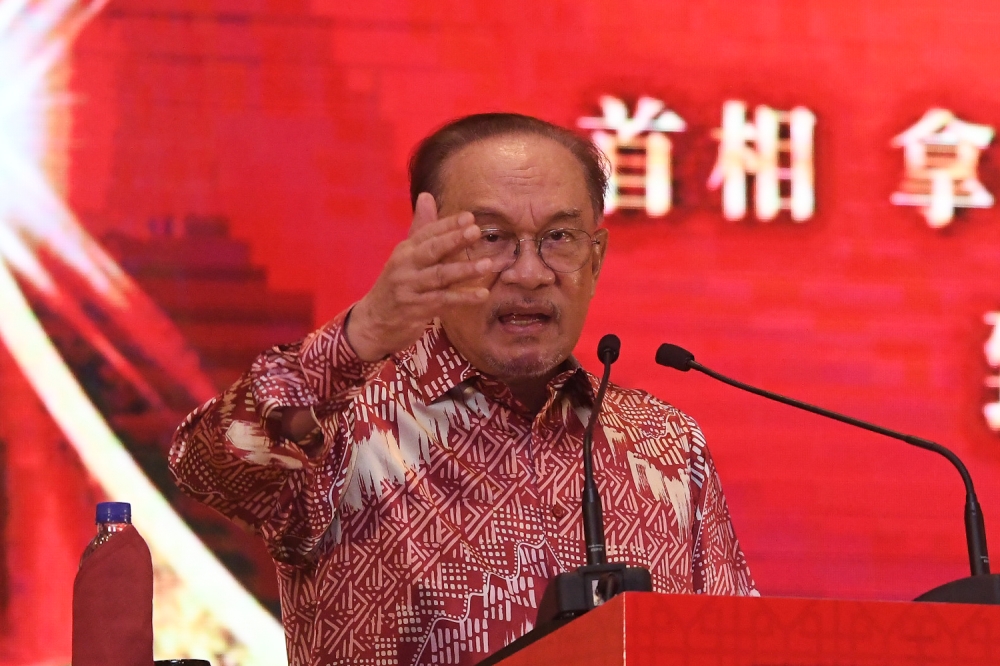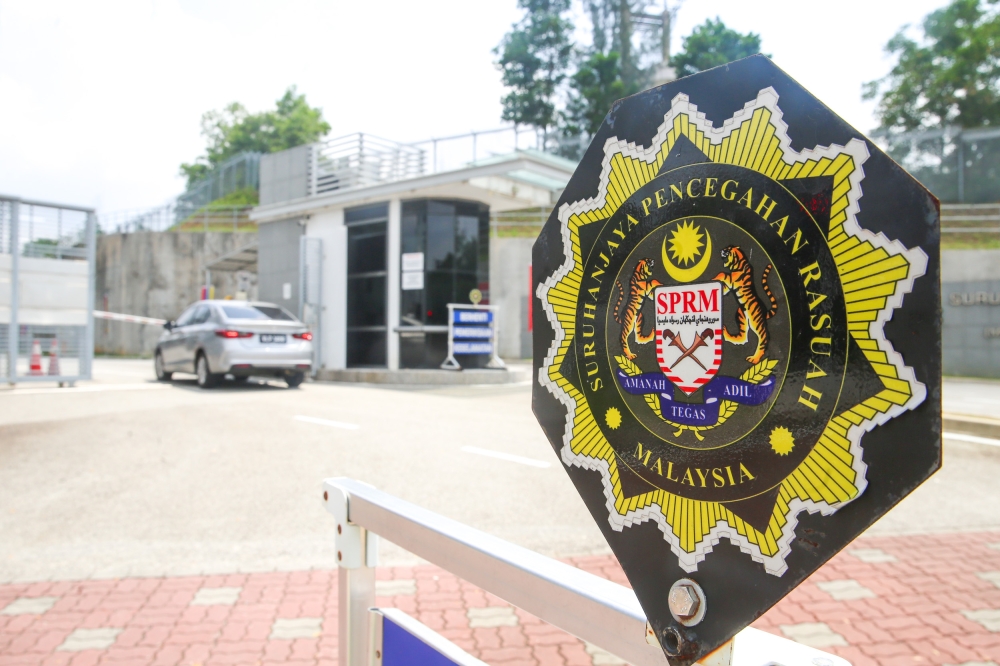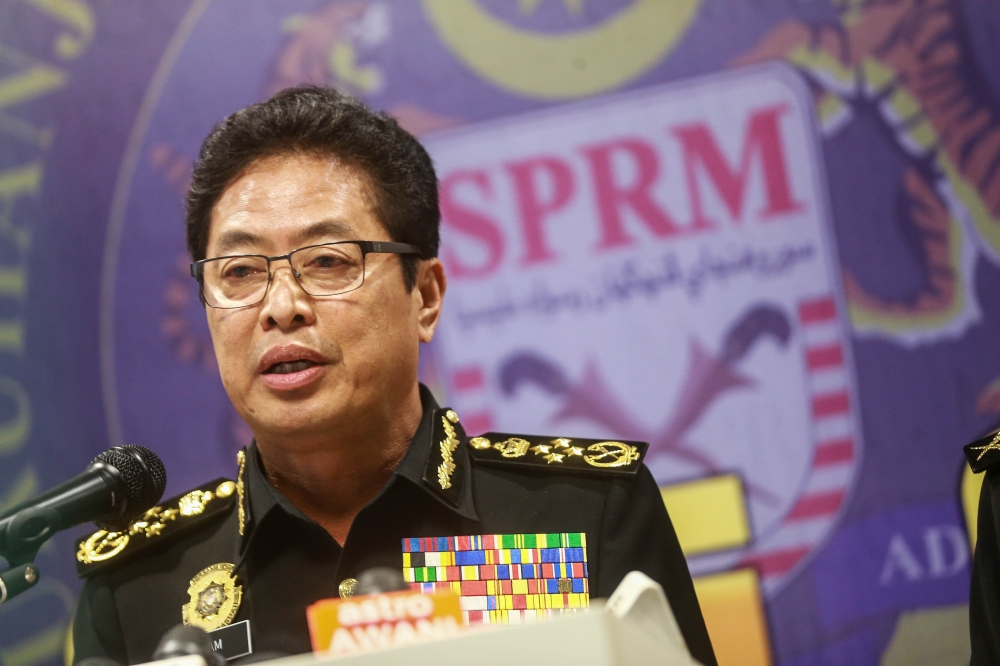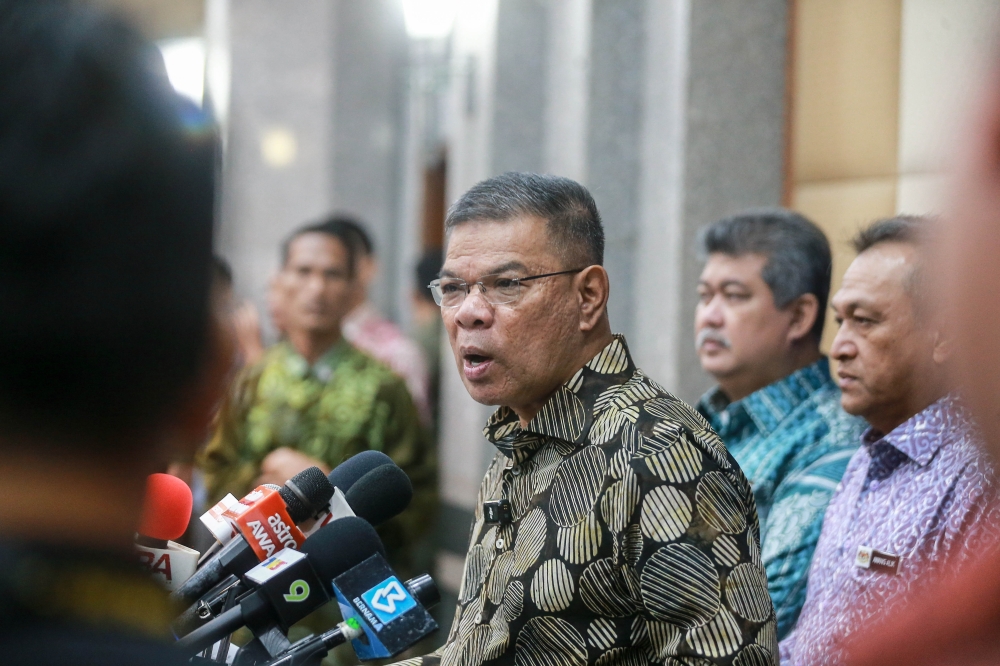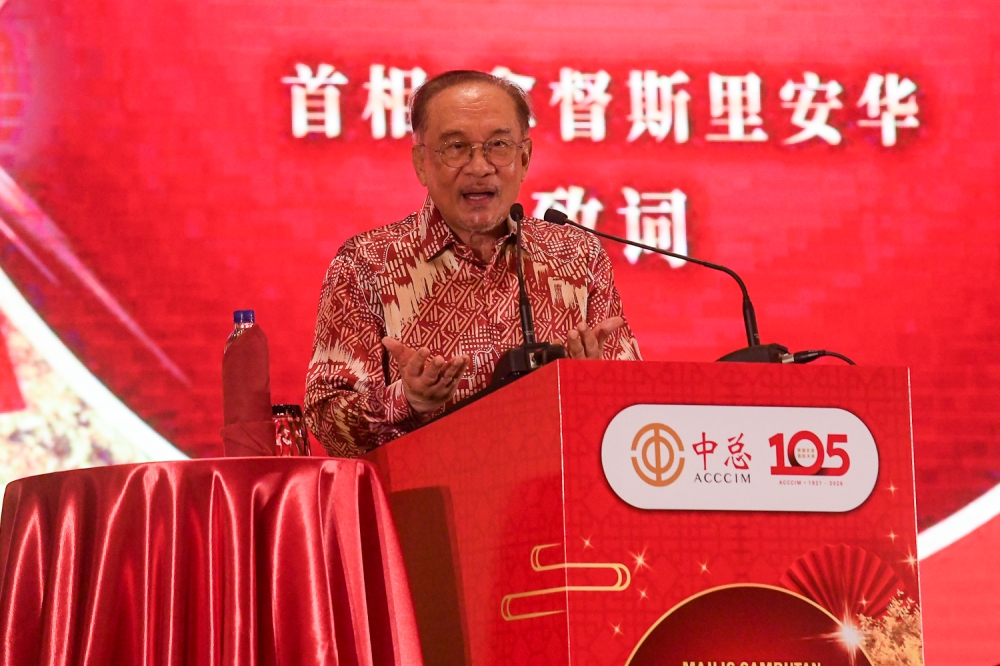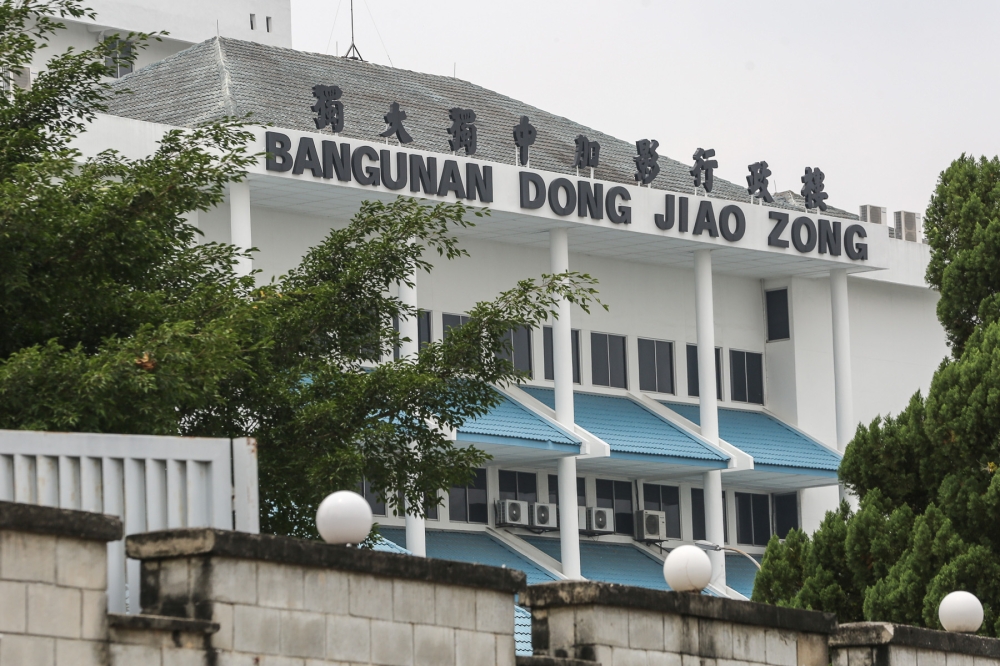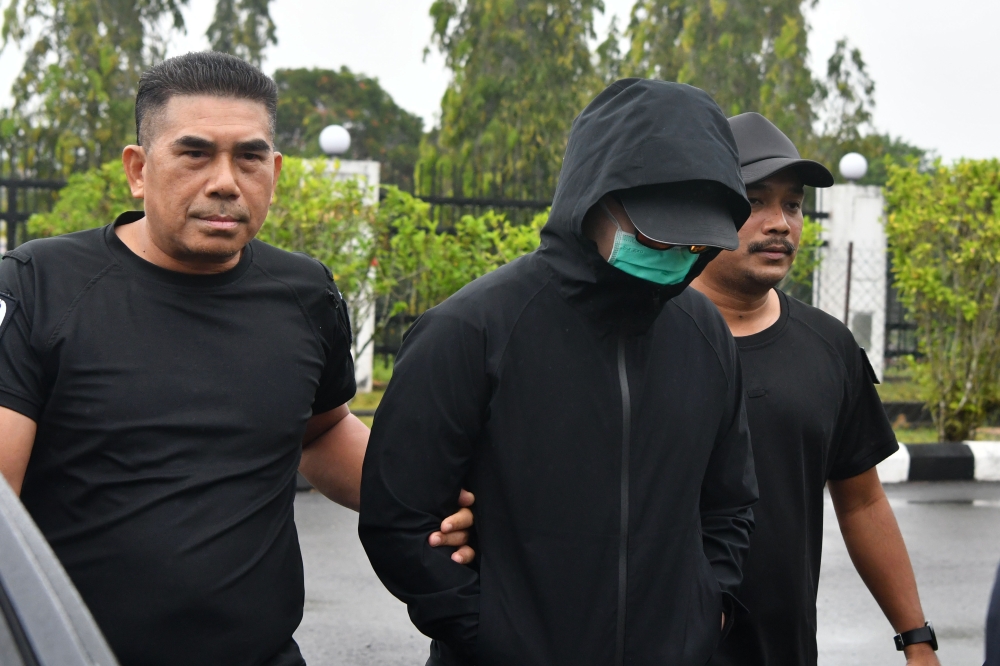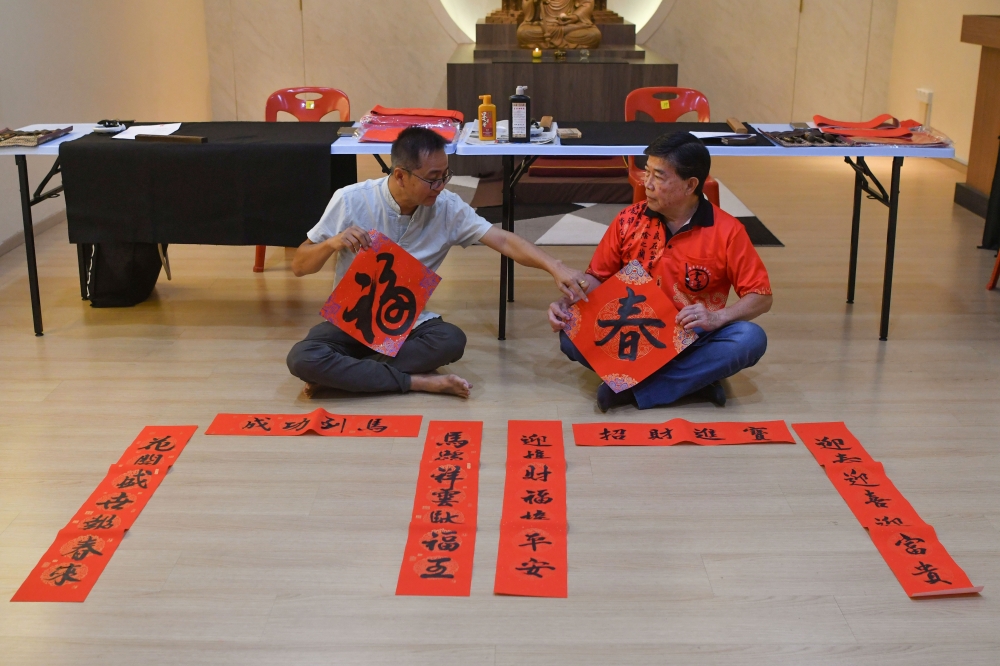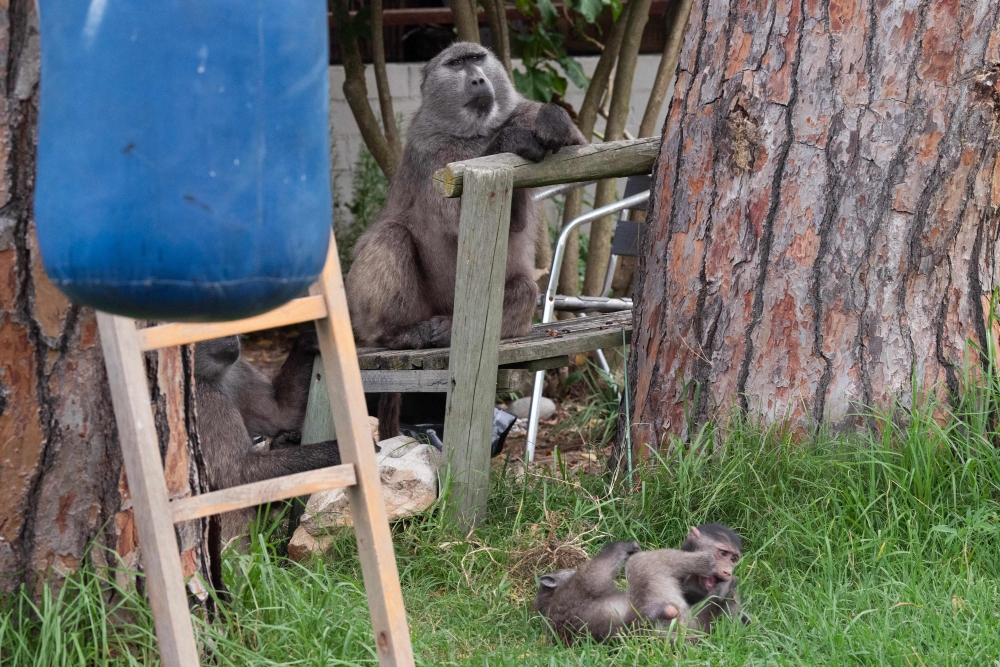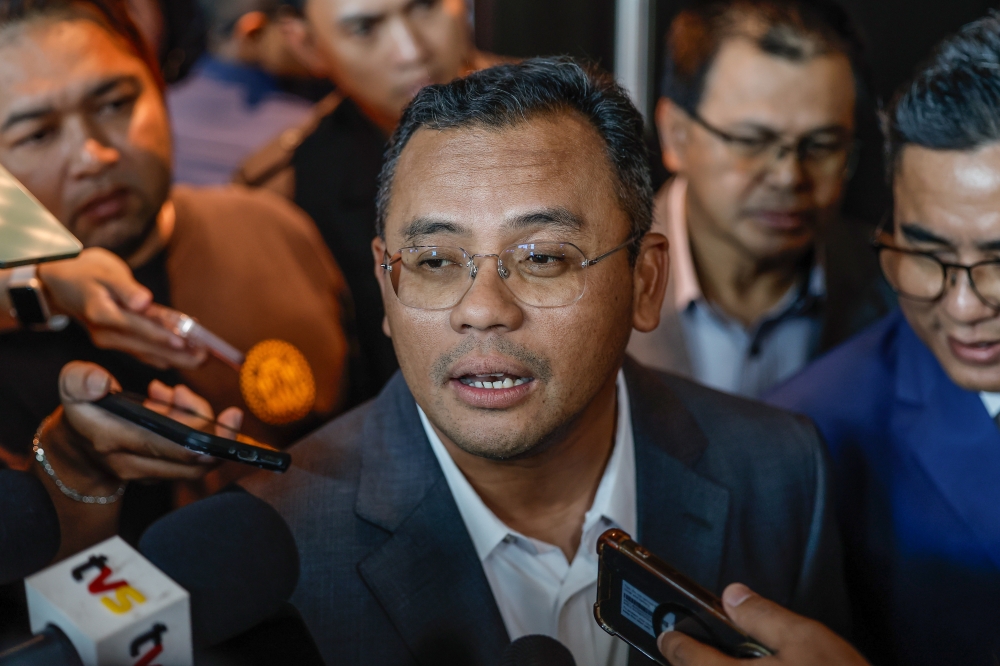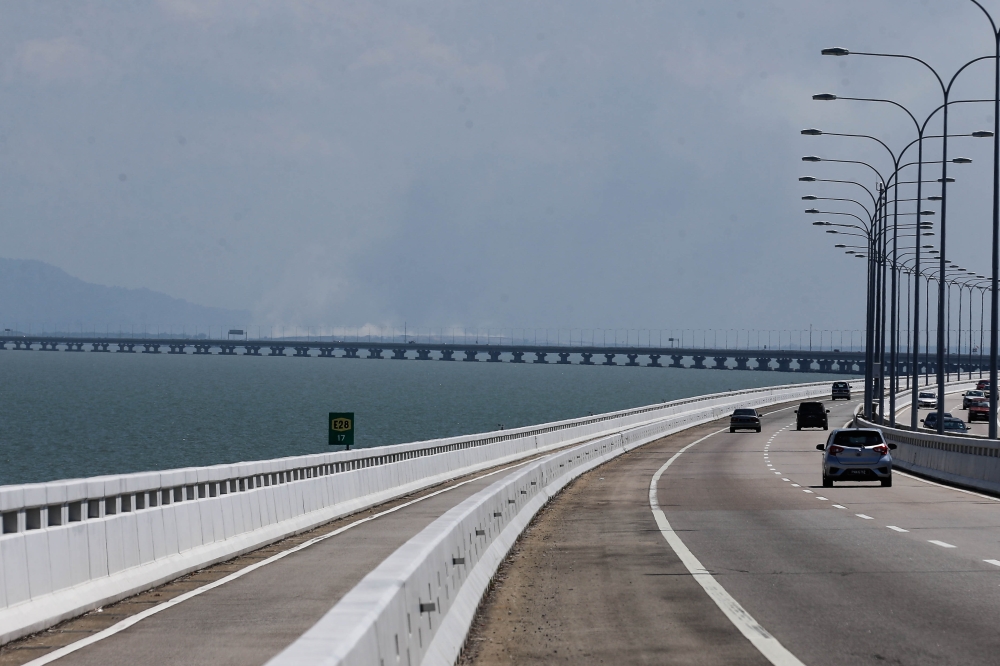KUALA LUMPUR, May 18 — A visit to a Democrat candidate’s volunteer centre during a US election inspired Ibrahim Suffian to start Malaysia’s first polling organisation, Merdeka Center, together with two friends in 2004.
For the 13th general election last year, Malaysia’s most heated polls in recent times, Ibrahim says Merdeka Center was just off by 0.1 per cent in predicting the popular vote, and that they had correctly forecast the Pakatan Rakyat (PR) opposition pact’s victory in 89 seats.
But despite Ibrahim’s almost pinpoint accuracy in predicting Election 2013, the 46-year-old, more popularly referred as Ben, demurs when compared to Nate Silver, the prominent American statistician, saying that he is “just an ordinary guy.”
After a decade of measuring Malaysian opinion on politics and socio-economic issues, Ben admits to being a bit jaded by politics.
He talks about his frustration with Malaysia’s race politics; what he admires about former prime ministers Tun Dr Mahathir Mohamad and Tun Abdullah Ahmad Badawi, and opposition leader Datuk Seri Anwar Ibrahim; as well as why he thinks people are predictable.
In his own words:
People are quite predictable… for example, if the prime minister rolls back subsidies for petrol, then numbers go down. When he announced BR1M payments are going to happen, the numbers go up. So I suppose one of the annoying things that we face is that whenever we come up with these figures, we always get criticised by one side or the other. But it’s not rocket science. Anyone can do it. You can replicate the poll.
The most interesting poll we did was one of the earliest polls we did — we asked something about healthcare. Along with it, we also asked people if they went for alternative medicine or spiritual healers or bomohs. We were quite surprised that we found quite a large number of people, a big, big number, 40 per cent or something like that, close to half did. This was eight to nine years ago. It just shows the duality of our country. On the one hand, it wants to be modern and developed but people are still very traditional in their outlook and retain a fair bit of the past, even if some of us find it less modern.
One of the things that frustrates me is that we are so race-centric. We are so centred on our local and our particularly communal issues that we’re not able to look beyond at national interests.
The other thing that frustrates me is that we don’t have enough publicly available information out there that enables us to have an intelligent debate over things...The problem doesn’t get fixed. So we end up doing the same things, expecting different results… something like dengue: How many cases by district or how many cases by locality or zone in a “bandar”, like PJ for example, so that at least you know. But you don’t. This is stuff that can easily be put on an app. So if you get bitten by a mosquito in this part of town, you should be worried.
Our politicians are not leading. They are afraid of offending their supporters. They’re afraid of offending someone. As a result, you get a feeling of things being adrift. The Opposition is not coming up with constructive criticism; they’re not showcasing enough in states that they control. The ruling government, on the one hand, is trying to make good, but you know it’s not good enough.
The most difficult polls were some of the polling we carried out ahead of the 13th general election. The reason is because we had challenges, in trying to determine how the polling data, which is carried out in a certain way based on a specific sample plan, could predict results based on parliamentary elections. In other countries, even like Indonesia or the US, the polling is carried out for presidential elections. It’s a very clear-cut horse race. But in our setting, we’re trying to gauge support for political parties across many parliamentary districts. Each has its own peculiarities, and more importantly, different weights, because of the way our electoral boundaries are carved. Different weights – like urban constituencies have many people but just count as one. Things like that. So adjusting for that was a challenge.
The least interesting poll for us is the one that we regularly do which is political stuff. Largely because we’ve done quite a fair bit of that; it’s become fairly routine.
After 10 years, we’ve started to run out of ideas… we want to try and do other things as well. In the near future, hopefully, we’ll put out different issues… I think still focused on things that affect the public, but not just politics. What we’re interested to look at would be to go more into understanding values, lifestyle choices, and how access to information and travel affect the way people think.
With statistics, you can shape the statistics to fit the argument that you want to make. You can do that. But then again, in this particular line, it’s also easy for people to check on your work, in the sense that surveys are so replicable.
I haven’t found anybody inspirational, once you get to know them. But there are traits that are admirable. For example, I admire Mahathir, although I disagree with many of his policies and methods, for his tenacity and persistence in fighting for what he believes in or where his interests lie. Anwar, to some extent, for sticking to it; a lot of other people would have quit after being under so much pressure and pain for so long. Even Pak Lah. This is something that came about in hindsight. For all that people said about him, he was a very reasonable man whom we still don’t appreciate enough.


